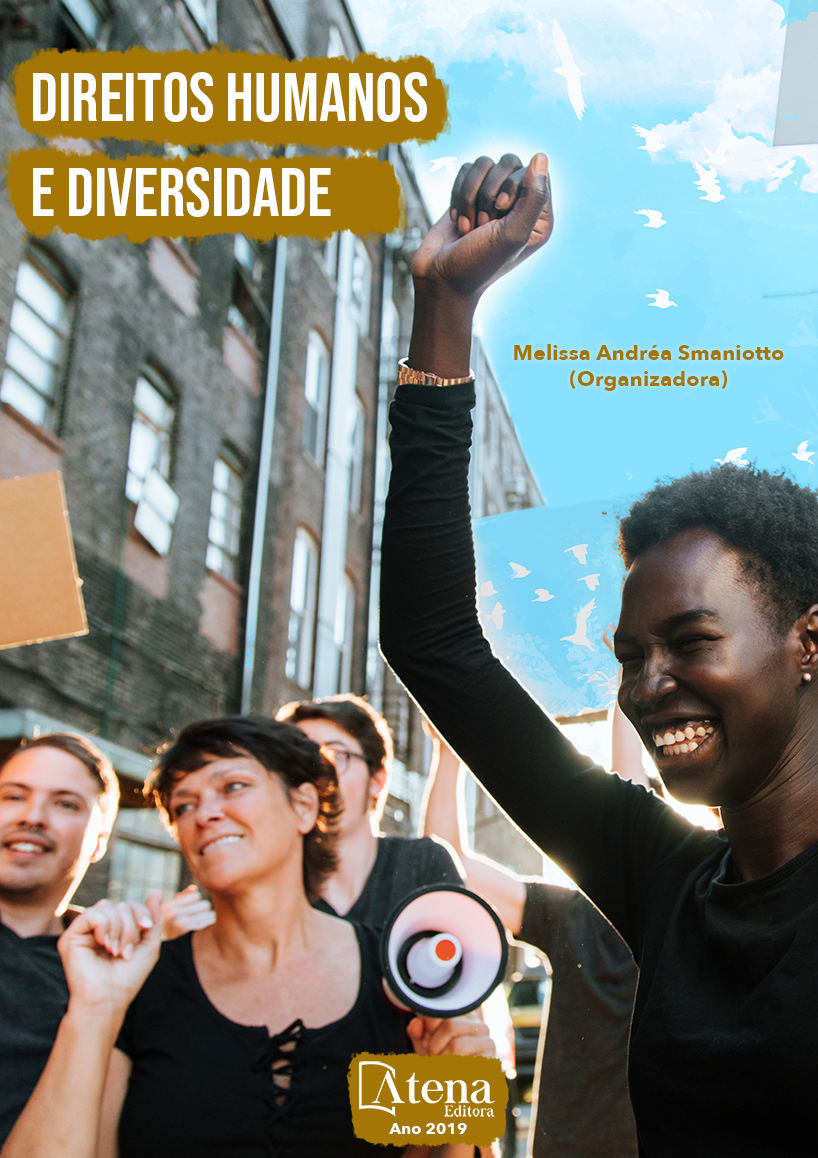
A LIBERDADE DE EXPRESSÃO E O DISCURSO DE ÓDIO: O ETNOCENTRISMO RELIGIOSO LEGITIMANDO ABUSOS.
Esse artigo tem como objetivo
analisar historicamente as consequências do
etnocentrismo religioso e a dogmática legal
presentes nos discursos e atuação da “bancada
evangélica” no nosso Congresso Nacional,
relacionando-os com a liberdade de expressão
e o discurso de ódio. Para alcançar tal
objetivo, foram traçados os seguintes objetivos
específicos: esmiuçar desde como o “apartheid”
religioso é manifestado na população brasileira
a como é abordado por parlamentares, sendo
considerado aspectos históricos, filosóficos e
sociológicos presentes em acontecimentos de
relevância ao tema desde a colonização do
Brasil até o atual cenário brasileiro, dedicando
maior cuidado nas análises referentes a
atuação da “bancada evangélica” no congresso
nacional, com ênfase no último mandado
eleitoral, no entanto, também analisando
fatos acontecidos em períodos anteriores ao
anteriormente citado. Ademais, para enriquecer
o assunto, essa atuação será analisada com
base no direito constitucional, em especial no
art.5, bem como em tratados que versem sobre
direitos humanos, vislumbrando a liberdade de
credo e a laicidade do Estado. Espera-se com
o desenvolvimento desse trabalho aprimorar os
conhecimentos em relação à interferência da
religião na dogmática legal vigente no Brasil,
além de adentrar conhecer e principalmente
aprender com o campo da pesquisa, contribuir,
ainda, para o desenvolvimento de futuras
pesquisas que retenham objetivos semelhantes
aos aqui tratados.
A LIBERDADE DE EXPRESSÃO E O DISCURSO DE ÓDIO: O ETNOCENTRISMO RELIGIOSO LEGITIMANDO ABUSOS.
-
DOI: 10.22533/at.ed.82419130314
-
Palavras-chave: Etnocentrismo; Religião; Preconceito.
-
Keywords: Ethnocentrism; Religion; Preconception.
-
Abstract:
This paper has as objective
to analyze historically the consequences of
religious ethnocentrism and legal dogmatic
present in the discourses and performance of
the “evangelical bench” in the Brazilian National
Congress, relating them to freedom of speech
and hate speech. To achieve this objective, the
following specific objectives were elaborated:
to detail how the religious “apartheid” has been
manifested in the Brazilian population and how
this has been approached by parliamentarians,
considering historical, philosophical and
sociological aspects present in relevant events
for the theme, from the colonization of Brazil to
the current Brazilian scenario, analyzing carefully
the performance of the “evangelical bench” at
the Brazilian National Congress, emphasizing
the last term of office, however, also analyzing events that occurred before the periods
mentioned above. In addition, aiming for enrich the topic, this research will be analyzed
according to the constitutional law, especially in the Brazilian Constitution Section 5,
and also in treaties that argue about human rights, according to the freedom of creed
and the laity in the State. It is to be hoped that our research will improve the knowledge
about the interference of religion in the legal dogmatic valid in Brazil. Besides, we
hope to know and mainly to learn with the field of research, also to contribute for the
development of future researches that retains similar objectives with those discussed
here
-
Número de páginas: 15
- CLARA JANE COSTA ADAD
- FRANCISCO DAS CHAGAS VIEIRA DOS SANTOS


